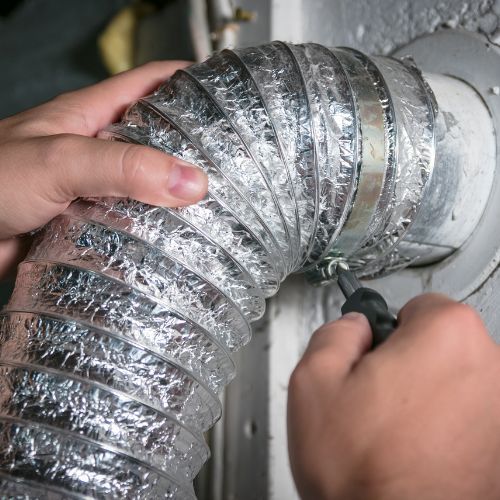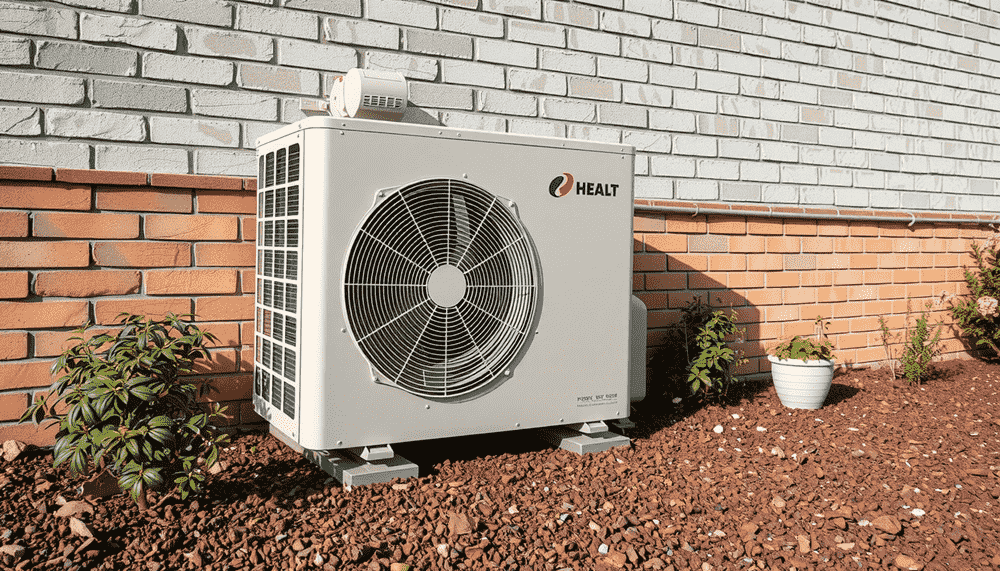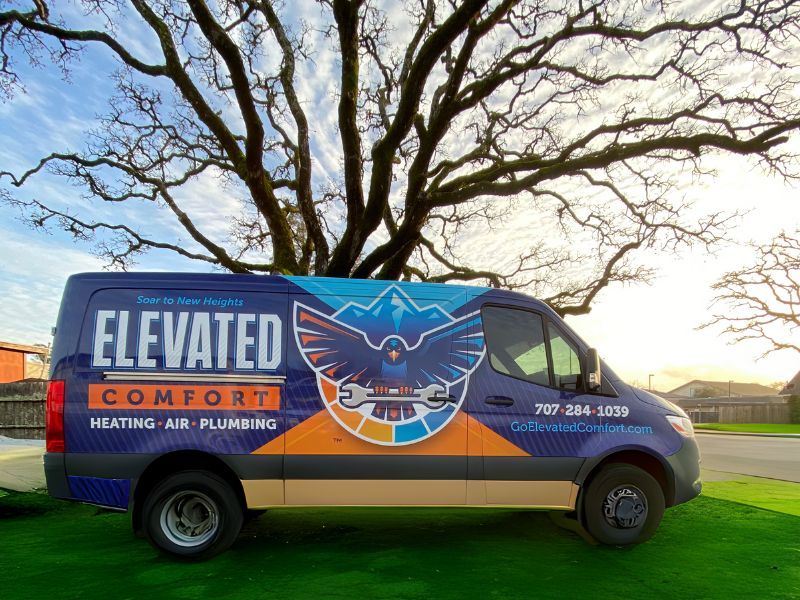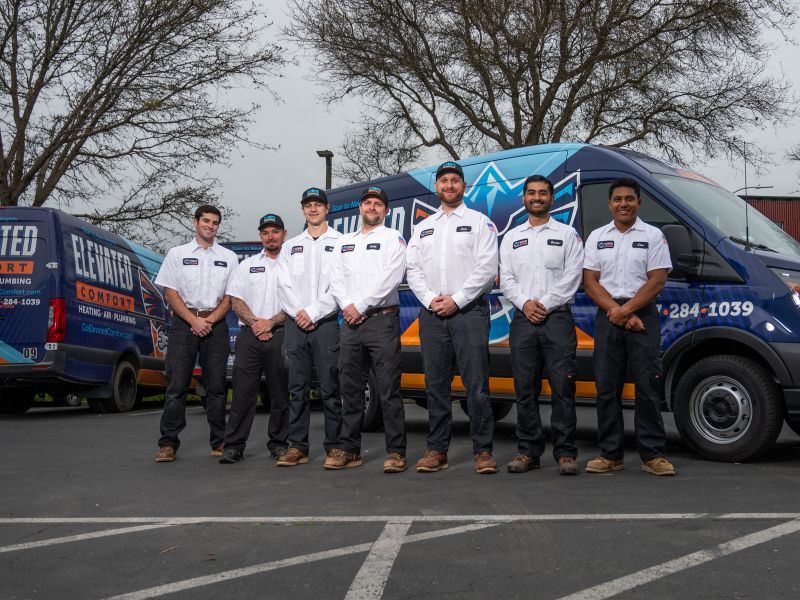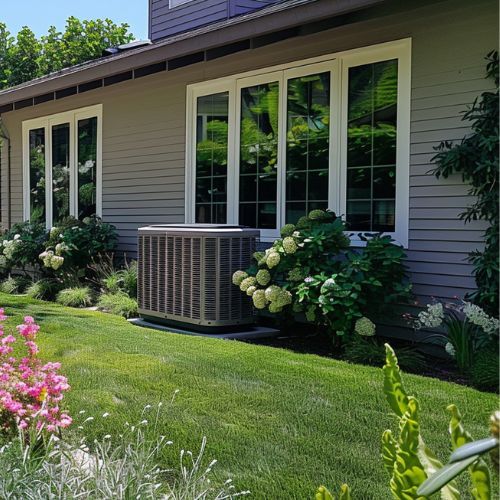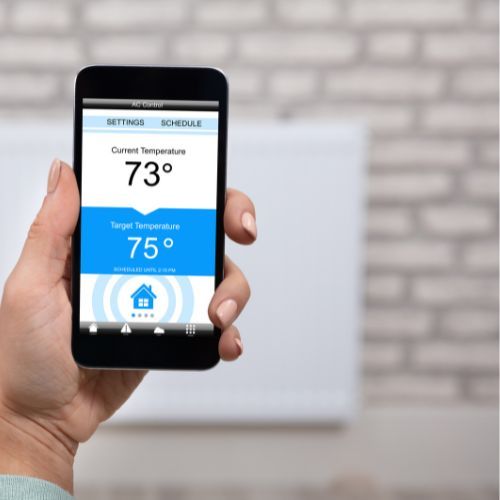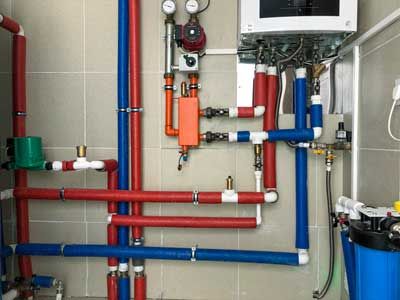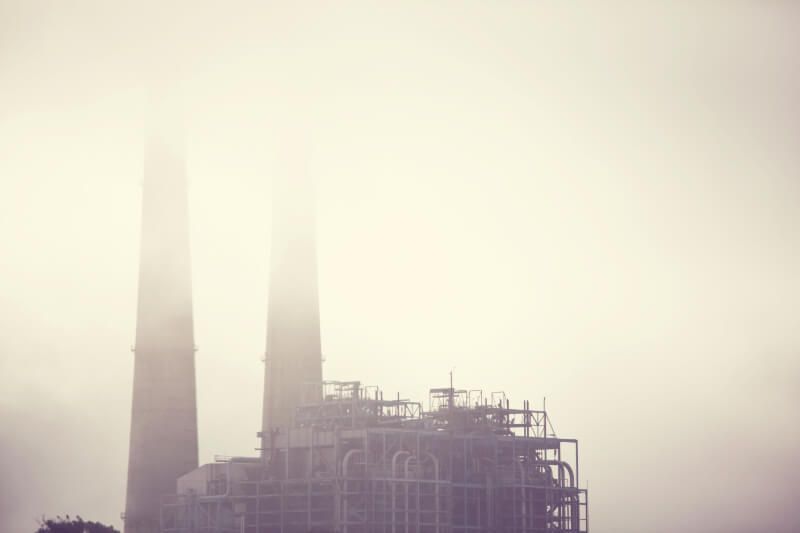Is a Tankless Water Heater Worth It for Wine Country Homes?
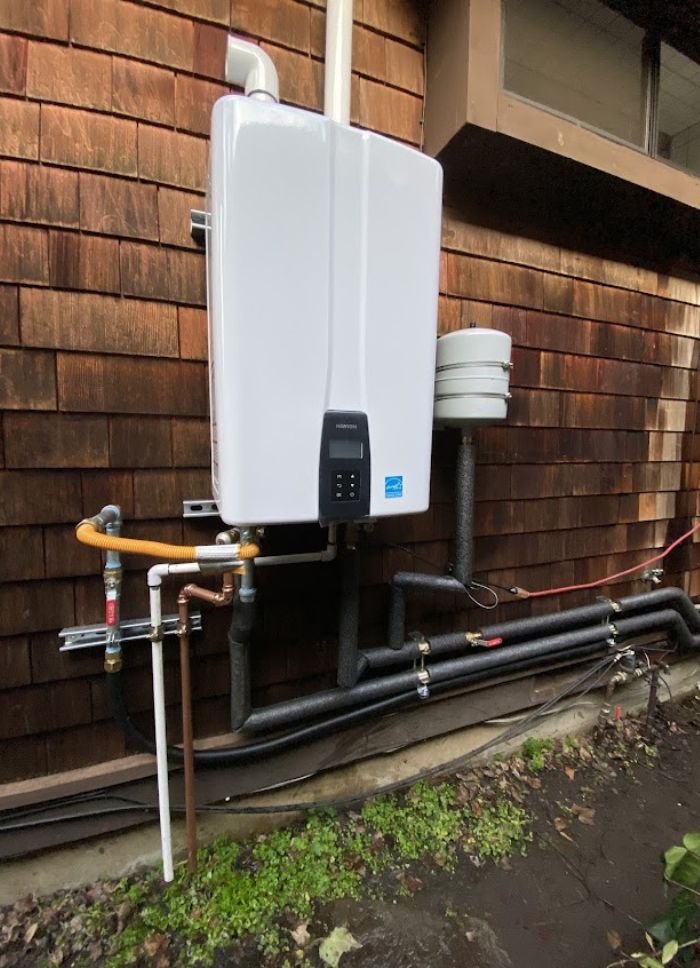
Table of Contents
ToggleKey Takeaways
- Tankless water heaters save energy and space, delivering hot water on demand without the standby losses of traditional tanks.
- They offer long-term cost savings, despite higher upfront costs, especially in energy-conscious Wine Country households.
- Professional installation and maintenance are key to maximizing efficiency, performance, and the system’s lifespan.
When you think about home comfort in Wine Country, efficient heating and cooling often come to mind, but your water heater plays just as big a role in your everyday energy use. Whether you’re taking a shower, washing dishes, or doing laundry, your water heater works hard behind the scenes to keep your household running smoothly.
As more Northern California homeowners prioritize energy efficiency and sustainability, tankless water heaters have become a popular upgrade. But are they really worth the investment? Let’s explore how these systems work, how they compare to traditional storage tanks, and what kind of benefits homeowners can expect.
Understanding How Tankless Water Heaters Work
Unlike traditional water heaters, which continuously heat and store 40–80 gallons of water in a tank, a tankless water heater (also called an on-demand water heater) only heats water as you need it.
When you open a hot water tap, cold water travels through the unit, where gas burners or electric heating elements instantly raise the temperature. The result is endless hot water without the need for a storage tank.
Because there’s no standby water sitting around losing heat, tankless systems are significantly more energy-efficient, a big advantage in energy-conscious regions like Sonoma, Marin, and Napa counties.
Traditional vs. Tankless: A Side-by-Side Comparison
| Feature | Traditional Water Heater | Tankless Water Heater |
| Heating Method | Stores and heats water in a tank | Heats water on demand |
| Energy Efficiency | 55–65% | 80–98% |
| Lifespan | 8–12 years | 20+ years |
| Space Requirements | Large, often floor-mounted | Compact, wall-mounted |
| Hot Water Supply | Limited to tank capacity | Continuous |
| Initial Cost | Low | High |
| Maintenance | Moderate | Regular descaling required |
| Best For | Smaller budgets, steady use | Energy-conscious, larger or multi-level homes, long distances to fixtures |
Experience energy-efficient hot water without limits. Schedule a consultation with Elevated Comfort and discover how a tankless water heater can transform your comfort and savings.
The Energy Savings Advantage
Tankless systems can reduce energy use by up to 30%. The biggest savings come from eliminating “standby heat loss”, the energy wasted keeping water hot in a tank all day, even when you’re not using it.
This efficiency makes a real difference in areas with high utility rates, like much of Northern California. Over time, that can translate into hundreds of dollars saved per year and a smaller carbon footprint.
Endless Hot Water — But With Limits
One of the main selling points of tankless systems is endless hot water. No more running out mid-shower or waiting for a tank to refill.
However, that doesn’t mean infinite capacity. If multiple fixtures run simultaneously (for example, someone showers while the dishwasher and washing machine are on) a single unit might struggle to keep up.
Proper system sizing and installation are critical. A professional technician can evaluate your home’s hot water demand and recommend the right model or even a multi-unit setup to maintain consistent performance.
Space-Saving Design
In Wine Country homes where square footage is valuable, the compact size of tankless systems is a major advantage.
Traditional tank models can take up several square feet in garages or utility closets. In contrast, a tankless water heater mounts neatly on the wall, freeing up space for storage or other uses. This makes them particularly appealing for remodels, ADUs, or smaller homes where every inch counts.
Long-Term Value and ROI
While tankless units cost more upfront, the investment often pays off over time through lower utility bills and longer lifespan.
Because they can last twice as long as traditional systems, tankless water heaters can deliver better long-term value, especially as energy prices rise.
In addition, since you don’t have to wait for the water to heat, you also save on water bills and reduce your environmental impact!
Environmental Benefits for Wine Country Homes
Sustainability is central to Wine Country living, from eco-friendly wineries to solar-powered homes. Tankless water heaters align perfectly with that mindset by:
- Reducing fuel consumption through on-demand operation
- Cutting carbon emissions associated with water heating
These factors make tankless systems a wise investment for homeowners who care about comfort and conservation in equal measure.
Maintenance and Performance Considerations
Tankless systems do require regular maintenance to keep running efficiently. Hard water, common throughout Northern California, can lead to mineral buildup inside the heat exchanger.
To prevent this, professionals recommend annual flushing, also known as descaling, to remove calcium and magnesium deposits. Neglecting this maintenance can reduce efficiency and shorten the unit’s lifespan significantly.
It’s also important to ensure proper venting and water flow rates, factors that should always be handled by a licensed HVAC or plumbing professional.
When a Traditional Water Heater Still Makes Sense
Despite the many advantages, tankless systems aren’t ideal for every situation.
You might prefer a traditional tank if:
- You have low or predictable hot water demand (e.g., one or two occupants).
- Your home’s plumbing or electrical system would require extensive upgrades.
- You’re planning to move soon and won’t benefit from long-term ROI.
In these cases, a high-efficiency traditional model may be more practical, especially if it’s ENERGY STAR® certified.
How to Choose the Right Tankless Water Heater
Selecting the best tankless system depends on several factors unique to your home:
- Fuel Type: Gas models typically deliver higher flow rates suitable for serving the entire home, while electric units are better for point-of-use applications.
- Flow Rate Needs: Measure your peak hot water demand: simultaneous showers, laundry, and kitchen use all count.
- Climate & Water Temperature: Incoming water temperature affects heating performance; cooler regions may require higher-capacity units.
- Installation Location: Indoor versus outdoor installation impacts venting, maintenance, and space considerations.
Our professional technicians familiar with Wine Country homes can help size and configure a system that matches your lifestyle and budget.
The Bottom Line: Is a Tankless Water Heater Worth It?
For most Wine Country homeowners, the answer is yes, with the right setup and professional installation.
Tankless water heaters deliver:
- Lower monthly energy costs
- Consistent, on-demand hot water
- Longer system lifespan
- Reduced environmental impact
While the upfront cost is higher, the return on investment comes through energy savings, improved comfort, and reduced maintenance over time.
If your current water heater is nearing the end of its lifespan or you’re planning an energy-efficient home upgrade, now is the ideal time to consider making the switch.
In the heart of Wine Country, where sustainable living and comfort go hand in hand, a tankless water heater offers a practical way to enhance both. With proper sizing, professional installation, and regular maintenance from Elevated Comfort, these systems can keep your household running efficiently for decades, while reducing your carbon footprint and saving you money in the long run.
Ready to upgrade to a tankless water heater? Talk to our experts at Elevated Comfort for professional installation and personalized recommendations for your Wine Country home.
